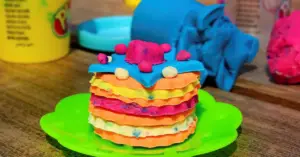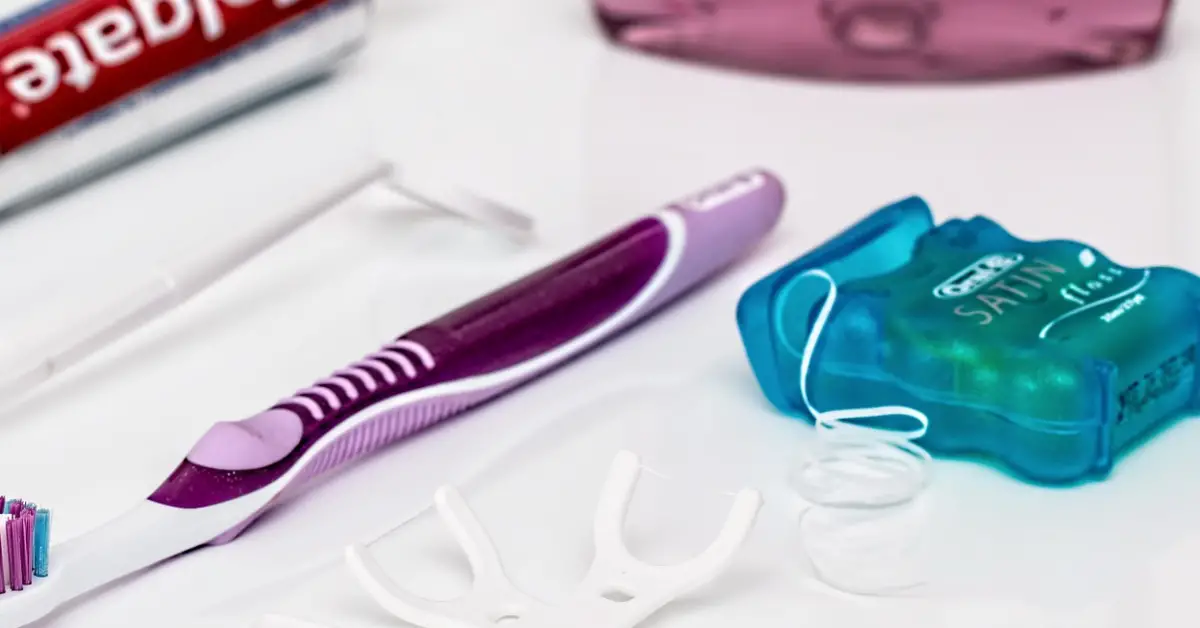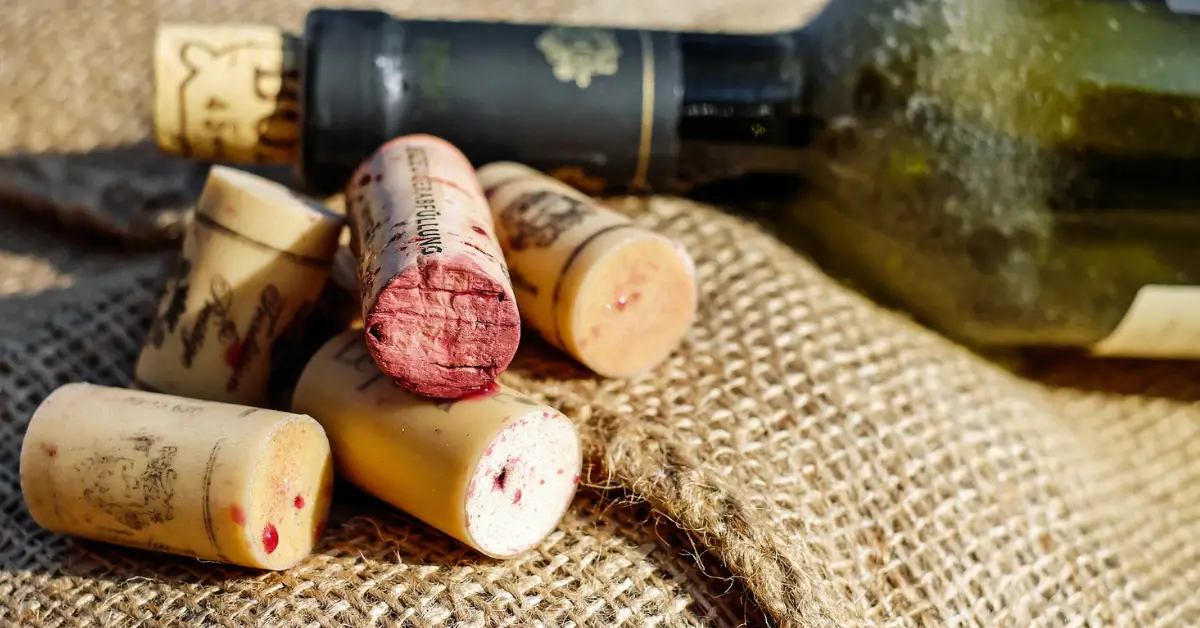With winter approaching, you will likely be reaching for the tissues at some point as snotty noses and the sniffles return. Since recycling is a no-go (generally) for paper tissues, keen gardeners and zero waste advocates opt for composting. But can you compost used tissues? In some instances, yes!
Can you compost tissues?
Tissues (Kleenex and suchlike) are great for composting. They are rich in carbon, so contribute well to the ‘brown’ elements of the compost pile. Paper tends to decompose well in the compost pile – on average taking between 4 and 6 weeks. Tissues, being a relatively weak type of paper, breaks down even quicker. Just make sure you mix these in with the pile rather than just laying them on top – a gust of wind might take them into the neighbor’s garden otherwise! If you are new to composting have a look at some of our composting FAQs to get you started.
Since tissues can’t be recycled – their fibers are so small they can’t be made into any other paper products. This makes compost the most eco-friendly option. They otherwise end up adding to the ever growing landfill piles.
Can you compost used tissues?
It depends largely on what you have used the tissue for. And even then, there is a wide variety of opinions.
It is generally it considered okay to compost used tissues that have dried tears or saliva. In terms of illness – if you have a cold or flu and sneezed the contents of your nose into a tissue, its best to avoid the regular compost bin. It is generally accepted that your average household compost pile does not reach the temperature to kill off the germs. However, in some areas (such as in Chittenden County, Vermont), a drop-off composting service is available. In the case of Chittenden County, they accept germ-ridden used tissues. Their composting facility equipment can reach higher temperatures than a standard garden pile. Pathogens don’t stand a chance!
If you have run out of toilet paper and used the tissue after having a pee, this will be fine in the compost pile. In fact, urine actually speeds up the composting process – it is a great compost activator due to its high level of nitrogen. If you are healthy with no urinary tract infection its all good. If you have used the tissues to wipe poop then it is a big no-no (same for dog and cat poop too). The pathogens present will not be killed during the process, not to mention the smell it would create and pests it might attract to your garden. All in all, not worth it for the minimal amount of compost it would provide!
If you have used a tissue to clean up foodstuffs it is generally fine. You may want to avoid composting a tissue if it is covered in a food item that can’t be composted. Yoghurt or cream, for example. But if, say, you have used a tissue to wipe a bit yoghurt off your face you don’t need to worry – just chuck it in to the pile! (Of course, you can err on the side of caution if you’d prefer).
The use of cleaning agents on the other hand is a total no-no. Many contain chemicals that are not suitable for composting. Introducing them to your garden via the compost pile could be detrimental to both your plants and the animals that visit your garden. The same applies to tissues used to wipe off make-up unfortunately.
Bokashi composting for used tissues

The best alternative to putting your snotty tissues in the trash is to use the bokashi method of composting. For people new to this method, it is basically the fermentation of organic matter in an oxygen free environment. This requires a specific set-up and does not produce a traditional ‘compost’ – afterwards you will need to add the material to your compost pile or dig a hole and bury it in the garden. However, it is ideal for small apartments, and it allows composting of materials that are not suitable for the standard compost heap – including snotty tissues!
The germs that would stick around during other composting processes are killed by the acidic conditions created during the fermentation process. It may require a little extra bokashi compost accelerator/bokashi bran due to extra organic material. Apart from that, there is no extra input needed from you (apart from the draining of the ‘bokashi tea’) giving you plenty time to chill out and get better.
It should be noted that adding used tissues to your bokashi composter will not produce quite the same quality end product as food items do. This is important to bear in mind. However, if your aim is to reduce your household waste rather than having the finest garden in the neighborhood, this is a great option!
The bottom line
Used tissues can, in some cases, be popped in the standard compost heap. It depends what they were used for, of course. Snotty tissues are best binned to avoid germs infiltrating your backyard pile. However, if you are lucky enough to have a drop-off composting service in your area or a bokashi composting set up these are the most environmentally friendly options. Oh, and get well soon…








